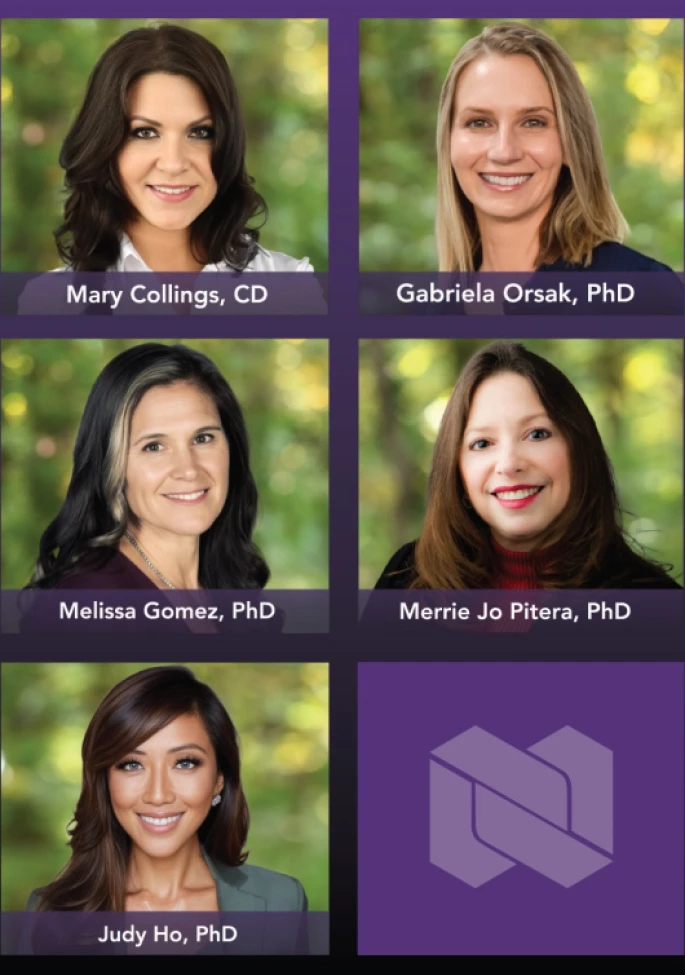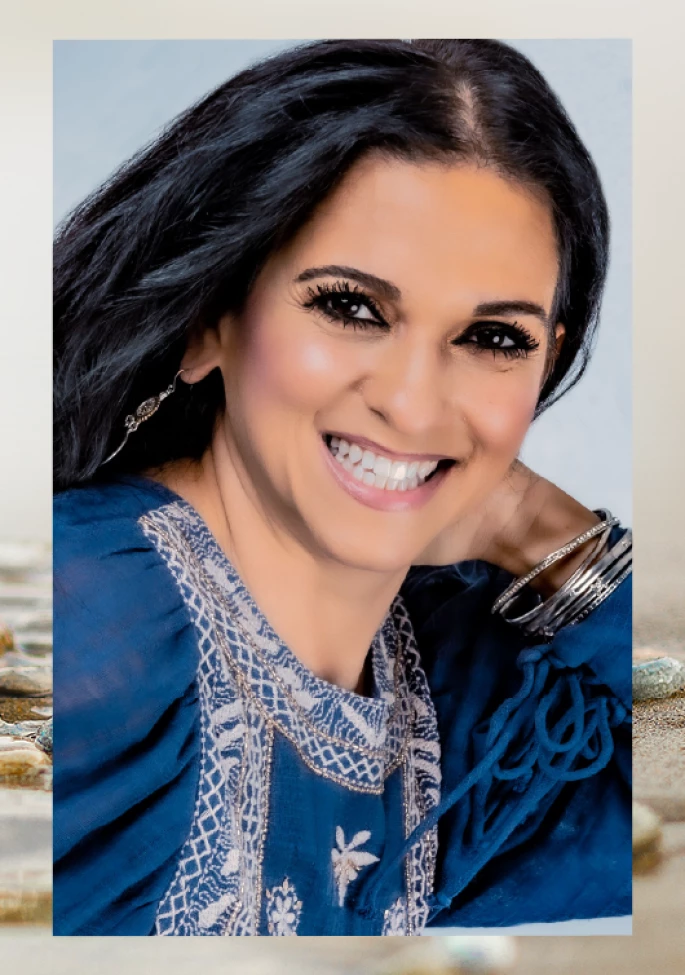Many of us have a personal connection to the military—whether through our own service or that of family, friends, and colleagues—and all of us owe a debt of gratitude to those who have served. As part of our ongoing commitment to Diversity, Equity, Inclusion, and Belonging (DEIB) and in support of our core value to “Operate as One,” we are thrilled to include Veterans Day on the list of IMS holidays for the first time.
Veterans Day provides a special opportunity to honor the brave individuals who have protected our country through service to the military. In celebration of this important holiday, we are shining a spotlight on some of our IMS veterans and proudly sharing their stories with you.
Interviewing Our Veterans
Tim Kirkman, Senior Director of Innovation (US Marine Corps)
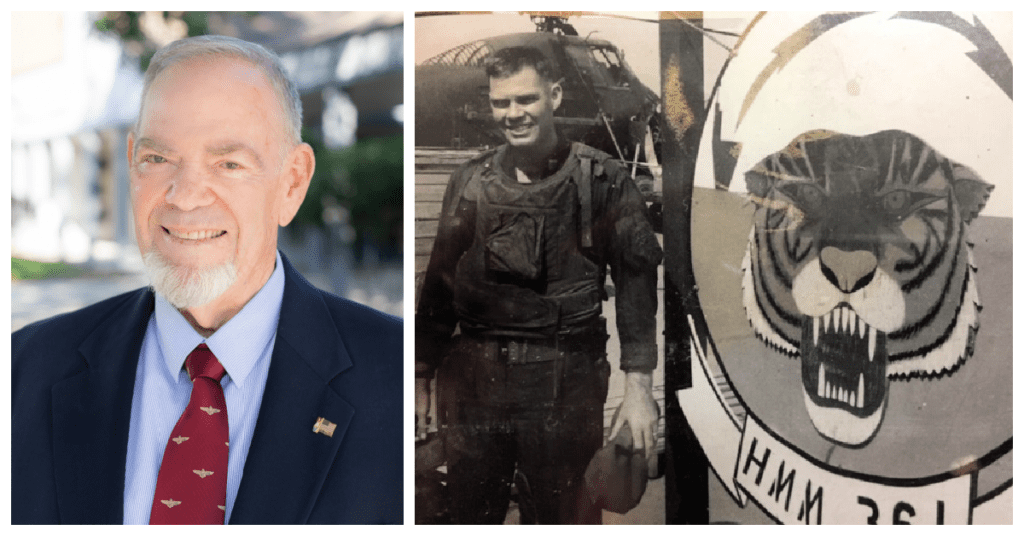
Q. What motivated you to join the military? Do you come from a military family?
My dad, Don Kirkman, was a career Marine who served in WWII in the Pacific Island battles of Eniwetok, Saipan, and Tinian. I was motivated to become a Marine by my dad’s heroic service. I was blessed with a presidential appointment in 1961 to the United States Naval Academy, where I was sworn into the US Navy as a midshipman, graduating in 1965. My two sons, Rob and Jim, served as Marines during the Kosovo campaign.
Q: Where did you serve the majority of time? What was your primary role?
After four years of training to become a Navy/Marine leader at USNA, I became a USMC commissioned officer. I spent the next two and a half years training in Marine infantry tactics, Naval aviation flight training, and Marine combat readiness training. This training all came together when I served as a Marine H34 pilot in Vietnam ’67–’68 with HMM-361. In that cataclysmic human event, often described as the fog of war, I experienced and witnessed courageous Marines executing as a tenacious team to achieve a very tough mission—knowing when to lead and when to follow, earning trust and respect, holding each other accountable for actions and results, giving their all (some making the ultimate sacrifice), and always honoring their fellow Marines.
Q: What was your most valuable learning experience in the military?
I was wounded in action flying a medevac mission in Vietnam. After a period of hospitalization and rehab, I was restored to flight status. I served as a flight instructor in T28 aircraft with VT5 in Pensacola, training flight students how to make arrested landings on an aircraft carrier. Our primary carrier was the USS Lexington, then home ported in Pensacola, FL, and now a museum in Corpus Christi, TX.
Q: Which skill(s) from your military background have been most beneficial to your role at IMS?
When I joined IMS ExpertServices 15 years ago, I was inspired by our small team's trust and confidence to consistently deliver the bullseye expert on time, just as we promised to the client. As we have grown and expanded our service offerings and integrated two superb entities (The Focal Point and Litigation Insights) to form IMS Consulting & Expert Services, we have maintained our core values: Ownership Thinking, Humble Confidence, Quality and Excellence, Honor the Relationship, and Operate as One. I experienced these same core values in the Marine Corps and have been able to internalize them during my employment with IMS. Semper Fi.
Roxette Busani, Senior Recruiting Consultant (US Air Force)
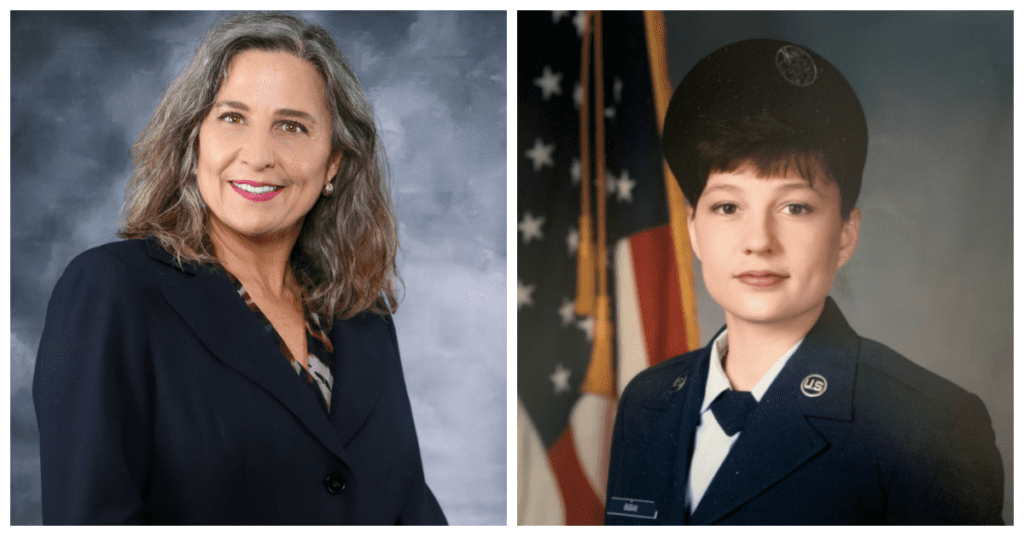
Q: Where did you serve the majority of time? What was your primary role?
After basic training at Lackland AFB in San Antonio, TX, I was stationed for just over one year in Wichita, KS, at McConnell AFB, a Strategic Airlift Command (SAC) base. For the last three years of active service, I was stationed in Tacoma, WA, at McChord AFB, a Military Airlift Command (MAC) base. This service was followed by four years as a reserve.
I served as an Airfield Management Specialist maintaining and issuing aeronautical charts and maps, Notice to Airmen (NOTAMs), local airfield and navigational aid status, and weather information. In addition, I obtained FAA clearance for flight plans and provided FAA flight notifications for arrivals and departures. I conducted airfield inspections, coordinated airfield construction projects, coordinated airshow events, ensured a safe operating environment for personnel and aircraft operation, and initiated emergency response notifications for ground and in-flight emergencies.
Q: What motivated you to join the military? Do you come from a military family?
I wanted to serve my country and contribute to the freedoms that others fought to preserve. My family members have historically valued independence and freedom, from the Cossack warriors fleeing serfdom to all six of the Bostow brothers serving during WWII.
Q: What was your most valuable learning experience in the military?
I learned that genuine respect is earned from living and leading with integrity and honesty while walking your talk.
Q: What does Veteran’s Day mean to you personally?
I'm an avid connoisseur of military history, reading extensively on the subject with profound appreciation for the freedoms I reap daily from those who sacrificed so dearly. I humbly honor all those who have served and all the families that have supported them. Veterans Day is a sacred day, a day for remembering—for those who cannot remember the past are condemned to repeat it.
Jaclyn Mosley, Manager of Contract Services (Us Navy)

Q: How did you select your service branch?
I selected the Navy because I could not see myself running in the woods or sleeping in a tent as they do in the Army or Marines, and I didn’t know much about the Air Force.
Q: What motivated you to join the military?
My son. As a teen parent, I was determined to give him more than what I had growing up. I wanted to be an example for him, to show that you are bigger than your current situation, you don’t have to settle for what is given to you, and if you want to be successful you work for it. I wanted to make him proud.
What was your most valuable learning experience in the military?
Giving up is not an option. When you are thinking about quitting, refocus, ask for help, or revise your plan—but don’t give up. Someone is banking on you giving up.
Q: Which skill(s) from your military background have been most beneficial to your role at IMS?
Teamwork, adaptability, and dedication. I understand the importance of teamwork and know that a group of diverse personnel can accomplish any goal. You just need to be able to find a way to make it happen together.
Nathan Ward, Senior Engagement Manager (US Army)
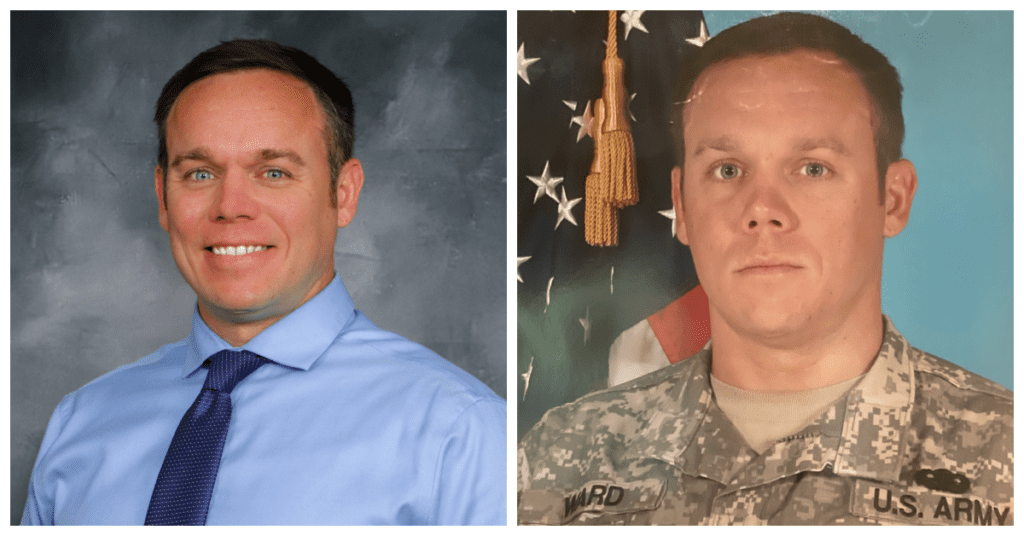
Q: How/why did you select your service branch?
I was planning to join the Marines at first and had an appointment with a recruiter that did not go as planned. It did not go as planned because it never occurred. Many recruiting offices house multiple branches within one building or location. When I arrived at the Marine recruiter’s door on the morning of my scheduled visit, the door was locked, and so I took up a seat on a bench in the hallway to wait. After maybe 15 minutes had passed, an Army recruiter peeked out of his door and asked if I would like to reconsider my choice. That’s how I ended up in the Army.
Q: What motivated you to join the military? Do you come from a military family?
It was four months after I graduated high school when 9/11 occurred. I was working the graveyard shift at a steel mill, had no ambitions for college at the time, and did not have much direction for my life. I spoke with my grandparents about joining the service, and a few months later, after preparing to take the Armed Services Vocational Aptitude Battery (ASVAB), I was in Atlanta swearing in to become an enlisted soldier in the Army. In February 2002, I was told to be prepared to ship off for basic training at Ft. Benning, GA, that summer.
I was the first of my immediate family to be in the military, as far as I know. I did have a great uncle who was in the Navy during WWII. I’ve not attempted to trace back my ancestry, but I’d like to think there were more.
Q: Which skill(s) from your military background have been most beneficial to your role at IMS?
Without a doubt, conflict resolution is a directly transferable skill that I honestly had no idea was in me. Military members deal with stressful environments and situations almost daily, especially during a deployment. Feeling a daily and constant pressure to perform at a high level is paramount to ensure soldiers accomplish a mission as safely as possible and with the least number of casualties. It’s the difference between words flying instead of bullets.
Q: What does Veterans Day mean to you personally?
When I think of what Veterans Day means to me, I think immediately of the service members who have given their lives for our country. Our country was born out of conflict, and we’ve been in continuous conflict for most of our existence. Of the 246 years since the Revolutionary War started, we have been at war for over 220 of them. So many service members have fallen to ensure the freedoms and rights enjoyed by U.S. citizens are protected. The draft hasn’t been in place since the early ’70s, yet the U.S. still maintains one of the largest all-volunteer military forces in the world.
Veterans Day honors those currently serving as well, but I truly never think of myself on that day. I’d be willing to bet most current service members feel the same way. We serve to honor those who paved the way and to preserve the same freedoms and rights that service members from the past fought so hard for. It’s my honor, and I wouldn’t change a thing.
Sirena Nelson, REcruiting Consultant (US Navy)
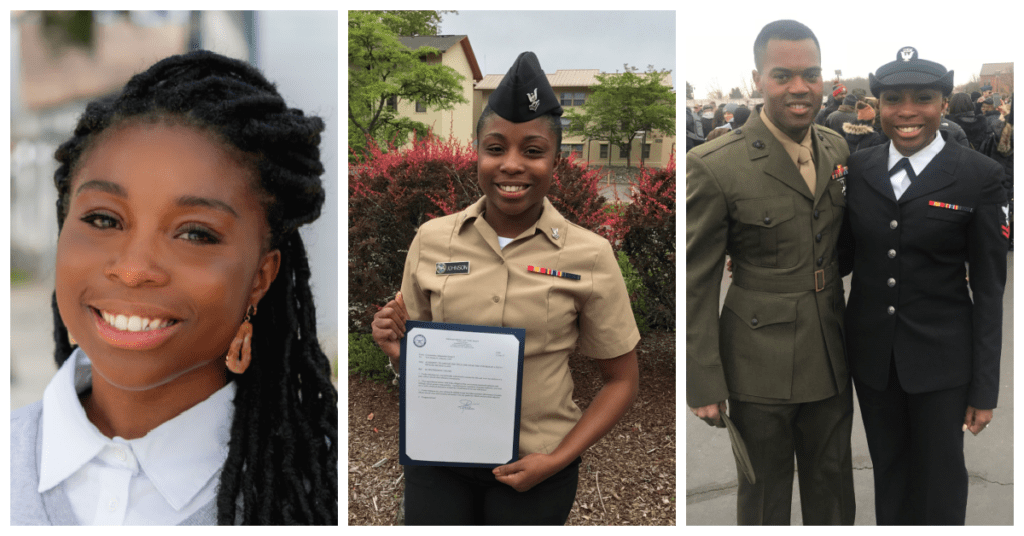
Q: How did you select your service branch?
By the time I decided to join the military, I had already had my oldest son. I chose the Navy because it was the only branch that would accept single parents.
Q: What was your most valuable learning experience in the military?
The most valuable thing for me to learn was camaraderie—that you don’t have to do things alone. People need people, and we need help. It’s okay to ask for help, and it’s okay to be that help for others.
Q: Do you have any advice for veterans looking to change careers? Do you think our industry is a good fit for those with a military background?
My biggest advice would be, before you get out, about a year and a half before, take your time to look at the different options available. Look at what resources are out there for you—there’s so many to help you be successful. Don’t leave without a plan, or you’ll be bound to fail.
In our business, yeoman would be good for project services or expert witness recruiting and research because they’re so task-oriented. Legalmen would be a fit for our consulting side with their hands-on experience, and also those with UCMJ knowledge that comes from court proceedings.
Q: What does Veterans Day mean to you personally?
To me, it’s the one day that you can just honor people who allow us to be free—just take the time to thank someone for their service. It means the freedom to have all these rights and all these opinions. If someone didn’t raise their right hand and go out there, there’s no telling where we’d be as a country.
Mara Butler, Employee Engagement Specialist (US Marine Corps)
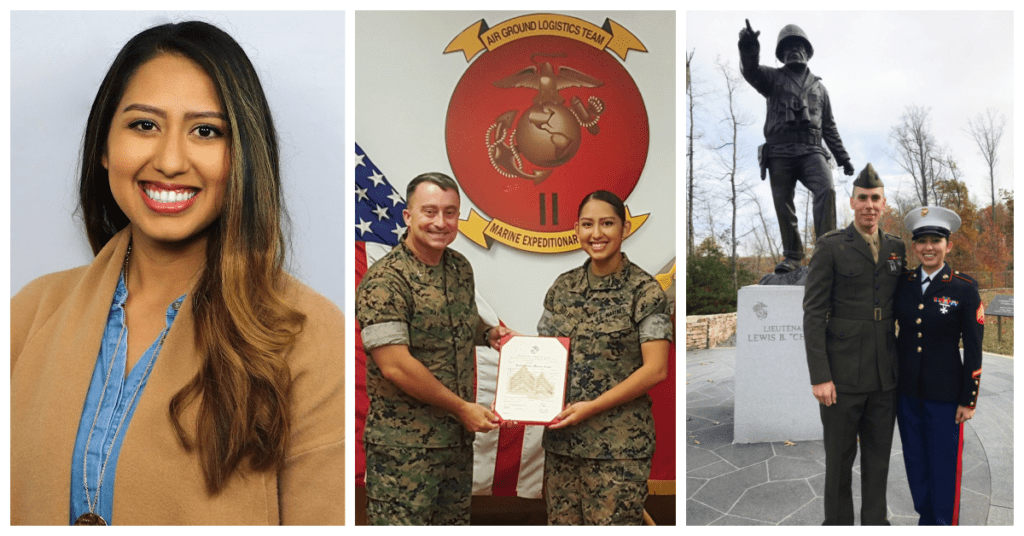
Q: Where did you serve the majority of time? What was your primary role?
I served in the Marine Corps for just over five years and spent the majority of my time in North Carolina. I enlisted right out of high school as an avionics technician and worked on UH-1/AH-1 helicopters during the first few years of my enlistment. While working in this role, I deployed to Afghanistan. After about three years, I received orders to work in an administrative/secretarial position for a Two-Star General command in Camp Lejeune, NC. This was a great opportunity to see a different side of the Marine Corps and how decisions are made at a higher level. This experience helped me make the decision to change direction and not pursue a career as an avionics technician.
Q: What motivated you to join the military? Do you come from a military family?
I am the second person in my family to join the military. Most of my family immigrated from Mexico; however, my dad was born in the US but raised in Mexico. At 19 years old, he decided to move to the U.S. in hopes of a better future, and he joined the army soon after. He served for three years, during which he was stationed in Fort Bliss and deployed to Iraq. His experience in the military was a story of great pride but also struggle. He did not speak English very well in those days, which he personally felt impacted his ability to make the military a long-term career. I always admired his service to our country, especially since he had spent the majority of his life in another country. My dad always talked about the valuable life and technical skills he gained in the Army. This influenced my decision to join the Marine Corps so as to also gain those skills.
Q: How has your service affected your career path?
While it may seem random, I found my passion for event planning in my administrative role while working closely with the protocol officer, who was responsible for hosting distinguished visitors and planning events for our Marines and their families. There was a sense of pride being behind the scenes to help create an inviting atmosphere for all to enjoy. I’m glad that event planning and creating a welcoming culture is a part of my role here at IMS—it is something I truly enjoy.
Q: Which skill(s) from your military background have been most beneficial to your role at IMS?
I’m not sure if this is a saying outside of the military, but while working as an avionics technician, we were always told “slow is smooth, smooth is fast.” This was my first time hearing this phrase, and it’s something I live by to this day. While this saying was applied to a high-stress environment, it is helpful in any situation. You never want to rush through a project, assignment, or task just to say you got it done fast. Take your time and deliver a quality product.
Q: Do you have any advice for veterans looking to change careers? Do you think our industry is a good fit for those with a military background?
My biggest advice if you are looking to change careers would be to not be scared of “wasting” your military experience. I struggled with this fear right after I got out and felt like I had no transferrable skills. That couldn’t have been further from the truth. Although I’m not working in a technical field, I have learned that my experience as an avionics technician is still relevant to my current role.
There are also so many resources available to you to help you market your transferrable skills. I personally learned so much from the ACP Mentoring Program and will always recommend it to veterans. I think that anyone with a military background can be a good fit for any industry. I never considered the legal industry as an opportunity until I learned about IMS at a career fair for veterans. IMS has been great in recognizing the value veterans bring to the organization, regardless of the roles we held previously.
Thanking Our Veterans
Through the process of interviewing our veterans, we not only learned about their individual military experiences but also about the shared values they developed while serving. These values are evident every day in their commitment to our clients, colleagues, and communities.
Thank you to our DEIB committee for coordinating this initiative, to our team for nominating coworkers for this spotlight, and to our veterans for openly sharing your experiences. And finally, thank you to each and every IMS team member who has served and sacrificed for our freedom. You truly embody what it means to Operate as One.
“It is amazing what you can accomplish if you do not care who gets the credit.”
Harry S. Truman, 33rd President of the United States and former US Army Colonel
(Quote provided by Nathan Ward)
Hiring Veterans
IMS is proud to be an employer that gives veterans an opportunity to showcase their transferable skills and thrive in this industry, while providing flexible, remote work environments to accommodate our military families that are always on the move. If you are a veteran considering a career change, we invite you to learn more about our culture and opportunities.



